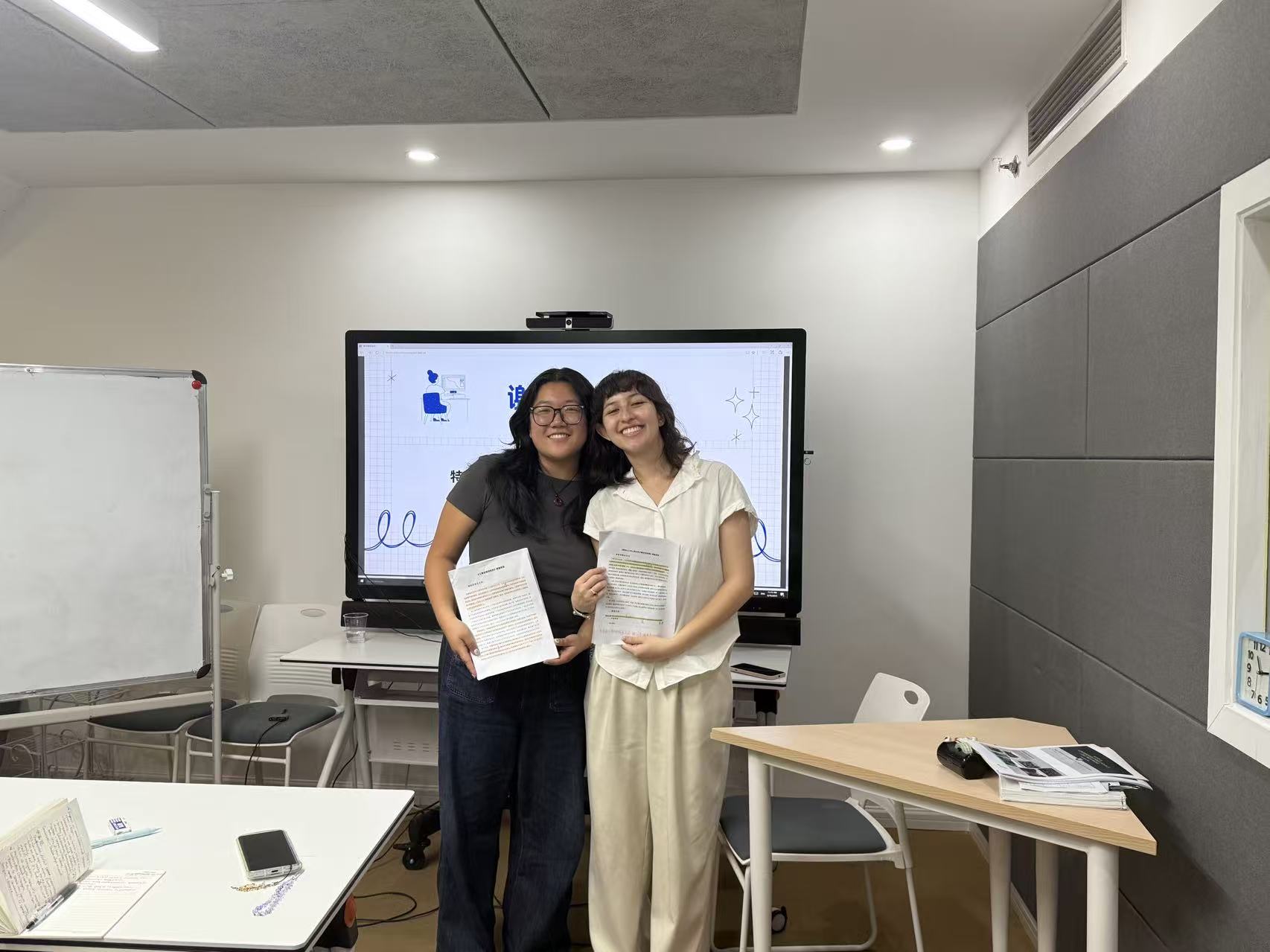How to Include Study Abroad on Your Resume


If you’ve studied abroad, you’ve gained more than academic credits. You’ve developed skills that employers look for. The challenge is knowing how to translate that experience into a meaningful part of your resume. Whether you spent a semester in the UK, joined a field-based program in Latin America, or completed coursework in a second language, your international experience can strengthen your application when you frame it right.
This is especially valuable in a market where entry-level job markets are competitive, and many recent graduates are finding it takes more than a degree to land that first role. Highlighting your study abroad experience can help your resume stand out in a crowded, competitive field, especially when it showcases clear skills and growth.
Why it’s worth including
Studying abroad is more than a personal milestone. It’s a professional asset—evidence that you can adapt, learn, and contribute in unfamiliar environments. When many recent graduates are applying with similar degrees and GPAs, your global experience offers something distinct.
Whether you’re applying for internships, your first full-time job, or grad school, don’t leave that experience off your resume. It tells employers something important about you: that you’re capable of taking initiative, thinking globally, and working through real-world challenges.
Include it. Be specific. Make it relevant. And let it show that you’re ready for whatever comes next.
Where does study abroad fit on a resume?
In most cases, study abroad belongs in your education section. If your program was credit-bearing, include the institution or program name, location, and term. You can also list a few relevant courses if they align with your career interests. Take a look at the example below:
University of Sussex – Brighton, England
Study Abroad Program, Fall 2024
Courses: (list applicable courses)
If your program included an internship, directed research, or service-learning component, you should list it in your experience section. Use bullet points to describe what you did and what skills you gained, just like any other professional role.
Tech Career Accelerator – Prague, Czech Republic
Internship and Experiential Learning Program, Spring 2025
Worked at global tech consulting firm, helping deliver software solutions across multiple industries.
You can also briefly reference your global experience in your summary or skills section, especially if you gained language proficiency or worked across cultures.

What should you emphasize?
Employers are less concerned with where you went and more interested in what you took away from the experience. Study abroad often cultivates skills that are hard to teach in a classroom—like adaptability, independence, and cross-cultural communication. When you’re entering the workforce with limited experience, those transferable skills can give you a competitive edge.
Consider emphasizing skills like:
- Language proficiency
- Global awareness
- Problem-solving in unfamiliar environments
- Collaborating with people from different backgrounds
- Time management
- Self-reliance
Wherever you include your study abroad experience, be specific about what you learned. Did navigating a new academic system improve your adaptability? Did fieldwork in another country teach you how to collaborate across language or cultural barriers? These are the kinds of examples that help employers understand what you’ll bring to a team.
How do you keep it relevant?
Tailor your resume to the role you’re applying for. In some industries, like international business, global health, education, or public policy, study abroad experience may be directly relevant. For other fields, it might support your application more indirectly by signaling curiosity, maturity, and initiative.
Avoid listing every course or using generic phrases like “gained global experience.” Focus instead on what’s most recent and applicable to your current goals. And if your coursework or project work ties directly to the job, like studying environmental policy in New Zealand for a role in sustainability, make that connection clear.
Should you mention study abroad in a cover letter?
While your resume should show that you studied abroad, your cover letter can explain why it mattered. If your experience abroad shaped your academic path, sparked an interest in a particular career field, or helped you build skills that match the job, use a few thoughtful sentences to make that case.
Start your journey
Your study abroad experience is more than a line on your resume, it’s a signal that you’ve pushed yourself, embraced new perspectives, and learned how to navigate the world beyond the classroom. When presented clearly and confidently, it becomes a strength that sets you apart.
If you’re unsure how to describe your program or which skills to emphasize, connect with an IFSA advisor or your campus career center. With the right guidance, your resume won’t just list what you’ve done. It will reflect the kind of professional you’re becoming.